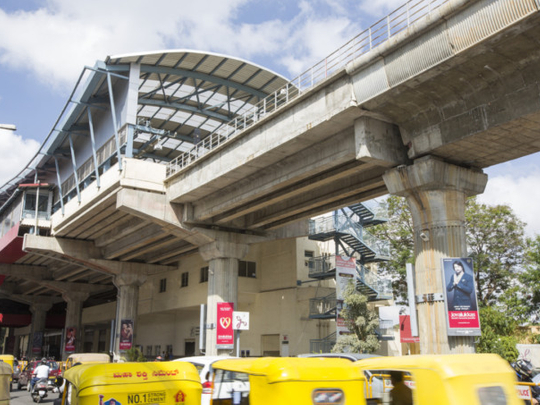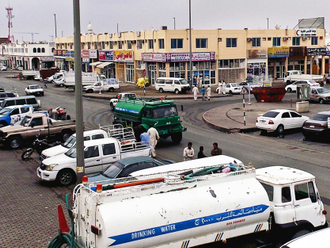
The budget from what is said to be India’s most business-friendly government is here. However, contrary to expectations, it is not a bold one. Research and analysis company Crisil has termed the budget “many small steps,” outlining four focus areas for corporate India — thrust on the development of infrastructure with spending budgeted to rise by 24 per cent compared to the last financial year, liberalisation of foreign direct investment (FDI) in some sectors along with tax holiday for the power sector, promoting small- and medium-sized industries, and boosting purchasing power by hiking standard tax deductions for individuals.
Not enough measures
However, according to Crisil, the revenue projections are “loaded with optimism”. It adds: “The budget assumes nominal gross domestic product (GDP) growth at 13.4 per cent, up from 12.3 per cent in the past two years. Growth in gross tax revenues has been budgeted at 17.7 per cent. This implies a tax buoyancy (percentage increase in tax revenue for every 1 per cent increase in GDP) of 1.3, which is higher than the last decade’s average of 1 and too optimistic given muted GDP growth expectations (5.4-5.9 per cent), no increase in tax rates and cuts in excise and customs duties.”
Having got the leader it was rooting for, corporate India is being congratulatory, but the cheer is muted — the stock market, which was soaring with each election rally to hit 25 per cent in six months calmed down, with the main stock index closing down at 0.28 per cent. The rupee is back to 60.44 against the dollar.
Anuj Puri, Chairman & Country Head, JLL India, says, “Construction costs have been rising at the rate of 17 per cent over the past three to four years, and this budget has not provided enough measures to bring down these costs. Contrary to expectations, material costs involved in real estate construction will remain high over the near- to medium-term, which is bound to put pressure on developers’ margins.”
Reviving growth
Still, Anshuman Magazine, Chairman and Managing Director, South Asia, CBRE, the real estate services company, called the budget, “forward looking and progressive,” adding that “it has managed to touch upon all topical issues of reviving economic growth, attracting investments, creating infrastructure, churning industrial production and promoting urban development”.
It is about the small things. The most talked-about aspect of the budget is the raising of the tax exemption limit from Rs200,000 (Dh12,000) to Rs250,000 and increasing the home loan interest limit from Rs150,000 to Rs200,000. >






